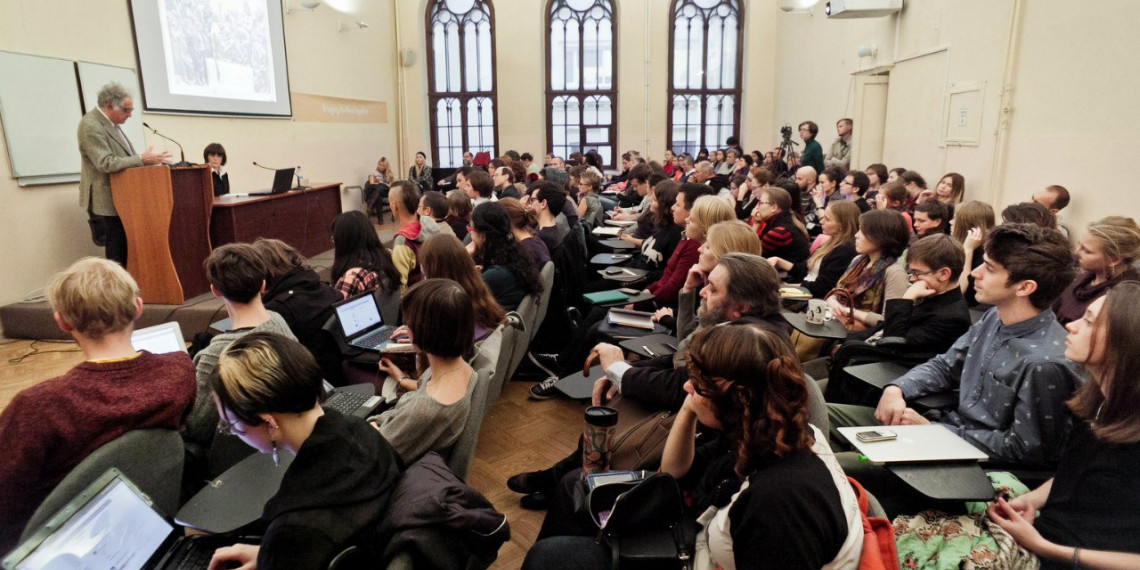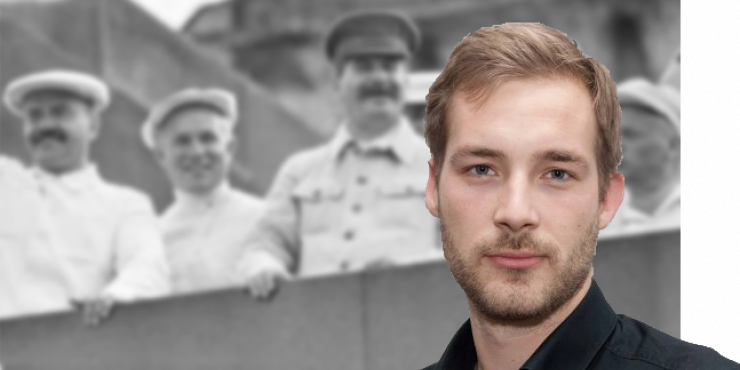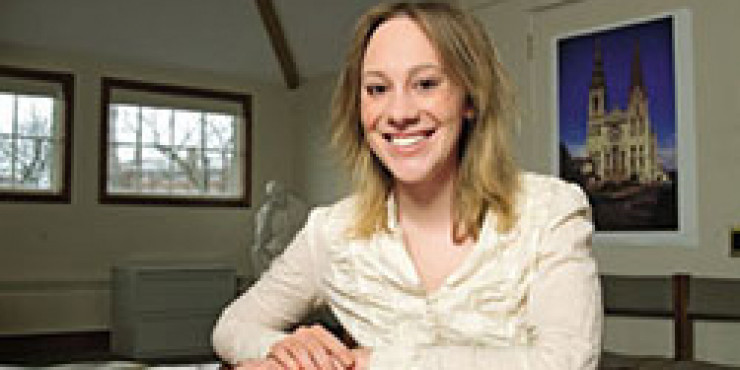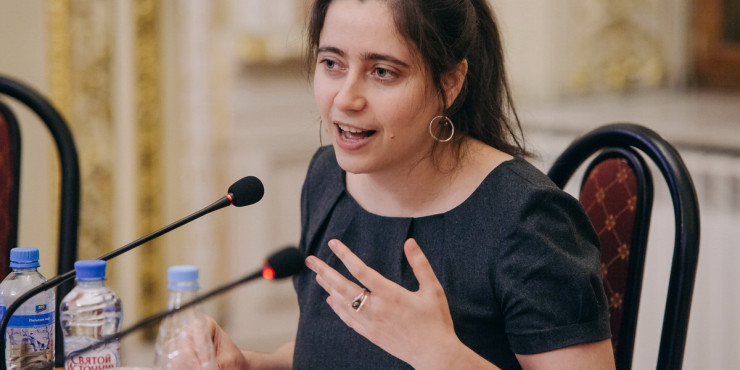
The Open research seminar of the Department of Art History has existed since 2002. The seminar was originally conceived of as a platform for discussion, where the Department’s students could discuss current problems of art criticism and history with EUSPB professors and guest specialists. During the course of the seminar’s existence literary and art scholars and critics, film historians, musicologists, translators and critics – scholars, teachers, and employees of museums – as well as specialists from Russia, Bulgaria, Germany, the USA and France have all lectured at its sessions. At various times Mikhail Allenov (MGU), Alexander Dolinin (University of Wisconsin-Madison, USA), Arkady Klimovitskii (St. Petersburg Conservatory, Russian Institute for the History of Art, Russian Academy of Sciences), Ivan Marazov (New Bulgarian University), Omry Ronin (University of Michigan –Ann Arbor, USA), Rashit Yangirov (Library Foundation “Russian Abroad,” Moscow) and others have numbered among the lecturers.


